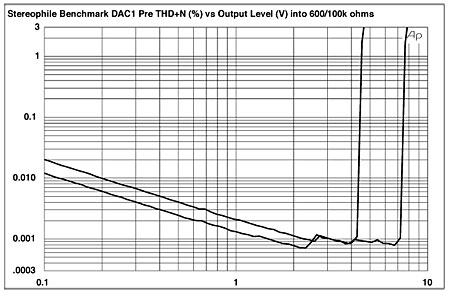Gary,
I agree with your philosophy 100% Some people think all you need to do is measure and the measurements will tell you everything. They are the same people who posted publically that they "improved" their stereos to the point where all music sounded bad and now they can't listen to music anymore because their stereo is so "good." So, it's obvious to me that measurements alone can take you down a dirt road. You have to listen. Otherwise, you don't want to listen to your system that measures perfect anymore. You come to the strange conclusion that all recorded music sounds bad on your perfect measuring stereo system instead of looking at the obvious.
Mark
I agree with your philosophy 100% Some people think all you need to do is measure and the measurements will tell you everything. They are the same people who posted publically that they "improved" their stereos to the point where all music sounded bad and now they can't listen to music anymore because their stereo is so "good." So, it's obvious to me that measurements alone can take you down a dirt road. You have to listen. Otherwise, you don't want to listen to your system that measures perfect anymore. You come to the strange conclusion that all recorded music sounds bad on your perfect measuring stereo system instead of looking at the obvious.
Mark



